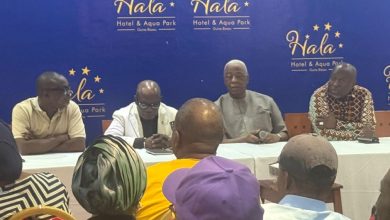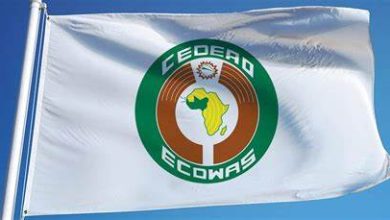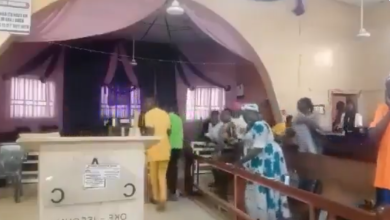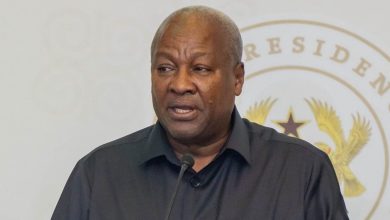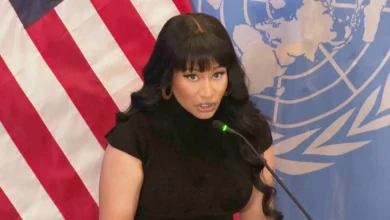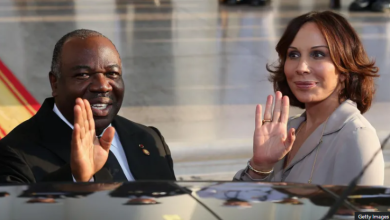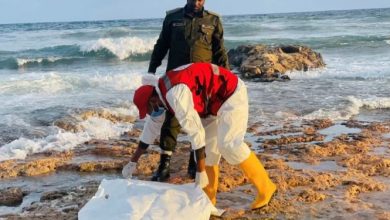Inside the mine that feeds the tech world – and funds Congo’s rebels
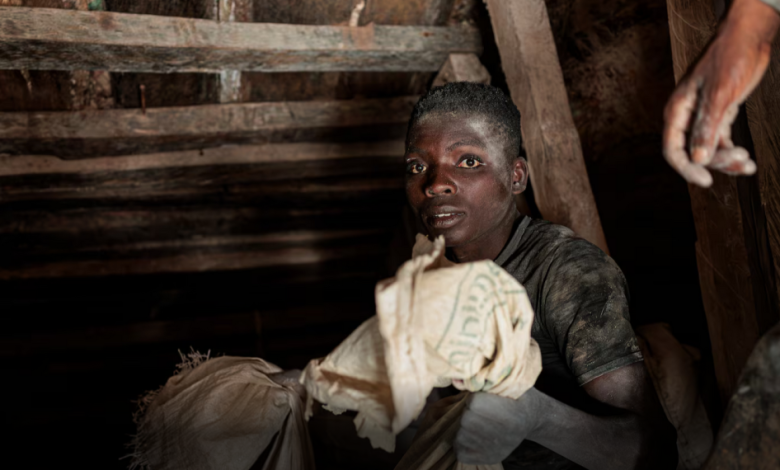
Under the watchful eye of M23 rebels in the hills around the Congolese town of Rubaya, a line of men in rubber boots ferry sacks full of crushed rocks up winding paths cut into the slopes.
The labourers are hauling coltan ore, a mineral that powers the modern world. The ore will be loaded onto motorbikes and eventually shipped thousands of kilometres away to Asia. There it’s processed into tantalum, a heat-resistant metal that fetches more than $300 a kilogram and is in high demand by makers of mobile phones, computers, aerospace components, and gas turbines.
Rubaya produces around 15% of the world’s coltan, all dug manually by impoverished locals who earn a few dollars per day. Control of this mine is the biggest prize in a long-running conflict in this central African nation.
The area was seized in April 2024 by M23, a rebel group the United Nations says has plundered Rubaya’s riches to help fund its insurgency, backed by the government of neighbouring Rwanda. The heavily armed rebels, whose stated aim is to overthrow the government in Kinshasa and ensure the safety of the Congolese Tutsi minority, captured even more mineral-rich territory in eastern Democratic Republic of Congo (DRC) this year.
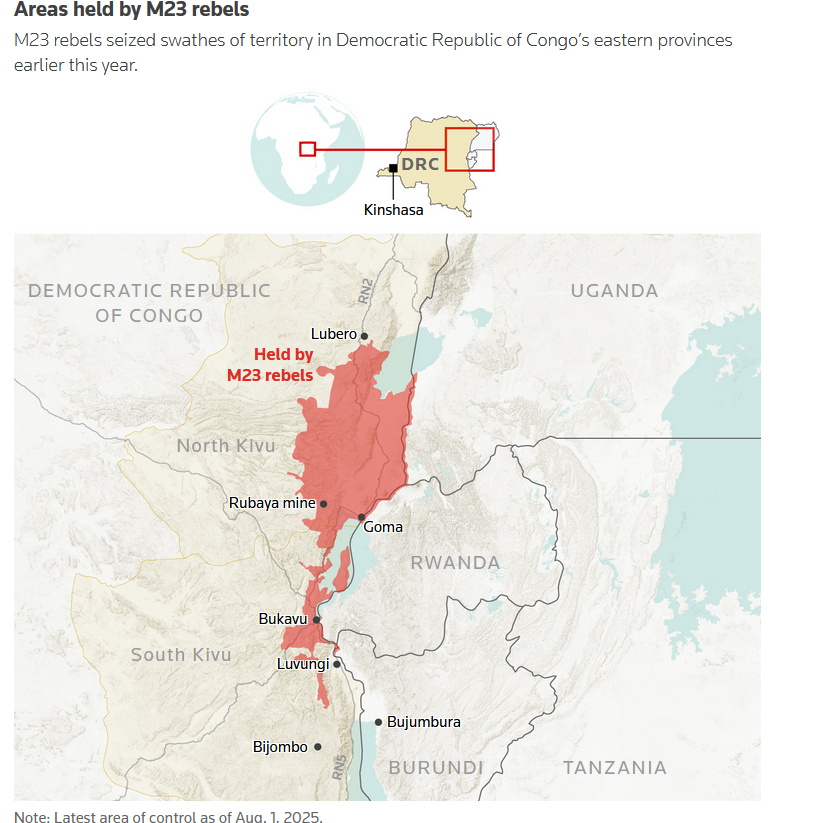
The region and its mineral wealth are in the spotlight as M23 and the DRC have pledged to sign a peace deal at a ceremony in Qatar’s capital, Doha, this month. The United States is mediating parallel talks between Congo and Rwanda, dangling potentially billions of dollars in investment if hostilities cease.
The United States Treasury on Tuesday sanctioned other alleged participants in minerals smuggling in Congo, including PARECO-FF, a pro-government Congolese militia that the U.S. said controlled the Rubaya mining site from 2022 to early 2024, prior to M23’s takeover.
PARECO-FF could not be reached for comment.
Asked at a press briefing why Washington was targeting PARECO-FF rather than M23, a senior U.S. government official noted that M23 has been under U.S. sanctions since 2013 for fueling conflict in the region.
“The Treasury Department will not hesitate to take action against groups that deny the United States and our allies access to the critical minerals vital for our national defense,” John K. Hurley, undersecretary of the Treasury
for terrorism and financial intelligence, said in a separate statement.
Jason Stearns, a former U.N. investigator in Congo, said the fact that M23 was not targeted by the new mining-related sanctions was surprising, adding the move might be aimed at keeping the Doha talks on track.
Source: Reuters.com

